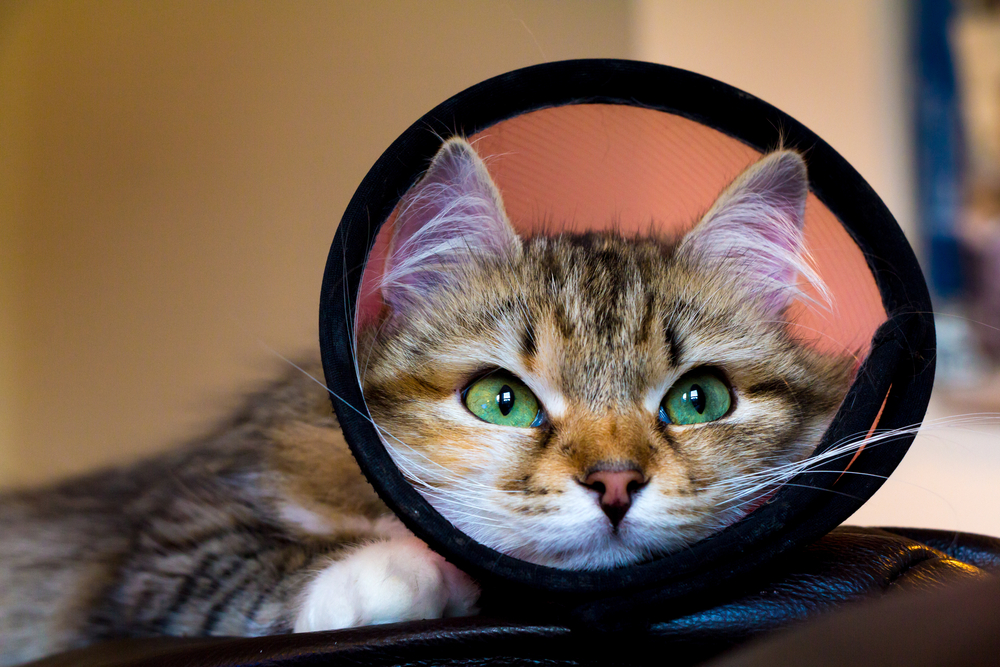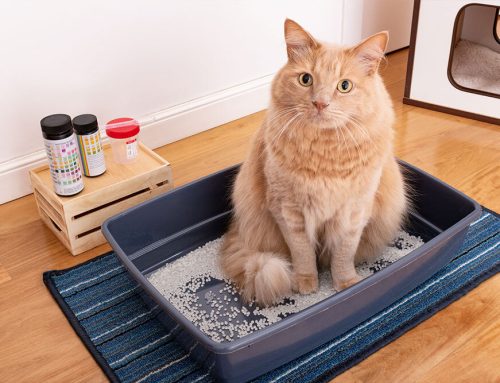Kittens are an energetic and adorable ball of fur, but also a big responsibility. The Driftwood Animal Hospital team is here for you with tips to help ensure your kitten’s first year is fun, and to lay the groundwork for a healthy, loving companion.
Kitten wellness exams
We love kittens at Driftwood Animal Hospital, and we encourage you to make a wellness appointment shortly after bringing your new kitten home. During a kitten wellness exam, we will look for any potential problems, answer your questions about kitten care, demonstrate handling techniques, and discuss their upcoming wellness visits.
- Vaccinations — Kittens have short-term immunity from their mother, but vaccinations are needed to stimulate their own immunity from diseases. Indoor kittens also need an initial vaccine series. Kitten vaccinations usually begin between 6 to 8 weeks of age, are boostered every three to four weeks, and end at 16 weeks of age.
- Parasite prevention — Kittens can become infected with intestinal parasites from their mother before birth, or through nursing, and will require treatment, so we will ask that you bring to the exam a fresh stool sample that we will test to identify the parasites. We will also examine your kitten for external parasites, and recommend the appropriate flea and tick preventive.
- Physical exams — During each of your kitten’s wellness exams, we will perform a thorough physical exam to check for health issues, and ensure that they are on the right path to becoming a healthy cat.
Kitten-proofing your home
Kittens are curious and mischievous by nature, so look around your home from their perspective to avoid these potential risks:
- Breakables — Cats and kittens love tipping things over, so keep breakable items out of paws’ reach.
- Plants and food — Remove toxic plants, and keep toxic foods away from your kitten.
- Cords for blinds — Tie up cords so your kitten cannot get tangled in them.
- String objects — Keep string, yarn, thread, ribbon, and elastic bands stored away from your kitten to avoid intestinal obstruction.
- Trash — Use trash containers with covered lids.
- Cabinets — Install baby locks on lower cabinets.
- Nooks and crannies — Look for places where your kitten could hide or get stuck.
Kitten supplies
You may have already purchased kitten supplies, but here is a list of the basics:
- Litter boxes — Your kitten may prefer two litter boxes, and unscented litter that is cleaned daily. Small kittens may need a low-sided litter box.
- Food and water bowls — Use metal or glass bowls for cleaning ease.
- Scratching areas — Save your furniture by providing scratching areas with different textures, and consider a tall cat tree for exercise, and an elevated perch for bird-watching and sleeping.
- Toys — Your kitten can self-entertain with boxes, bags, and other toys. Interactive toys with string or feathers should be safely stored after use.
- Bed — Provide a snuggly, quiet resting place away from household activities.
- Cat carrier — Use a secure cat carrier for safe transport. Consider leaving the carrier out, filled with toys and treats, so your kitten becomes comfortable for travel and veterinary visits.
Feeding your kitten
Your kitten will need a nutritionally balanced kitten food for their first year. Try to provide three to four small meals daily until they are 6 months old, when they can transition to twice daily meals. Some kittens prefer to snack all day, but free-choice feeding can increase the risk of becoming overweight as an adult cat. Dry food is more calorie-dense than canned food, but the latter is more tasty, so offering the kitten a combination is ideal. Ensure they have fresh water available at all times.
Socializing your kitten
You will need to help your kitten get used to being handled and being social. The key to preventing behavior problems in kittens and cats is to provide gentle handling, low stress introductions to new people, and appropriate play outlets for their energy.
If you have another pet, proper introductions are essential. Start by keeping your kitten in a separate room, and slowly introduce them to each other in supervised steps until they are fully acquainted, which may take two to four weeks. Your kitten should always have a safe space of their own.
Spaying or neutering your kitten

Kittens should be spayed or neutered before they are 6 months old. This is the deadline to prevent your female kitten from coming into heat, which includes annoying vocalization, and attracting males to your home. Spaying also prevents unwanted litters, mammary cancer, and potential uterine infections. A sexually mature unneutered male kitten may start urine marking in the home, and be more prone to fighting and less friendly to their owners. This is also an ideal time to have your kitten microchipped to ensure permanent identification if they become lost.
There is so much to learn about kittens and cats! If you have welcomed a new kitten into your home, contact the Driftwood Animal Hospital team to schedule their first wellness visit. We would love to meet them, and answer any questions you may have about their care.








Leave A Comment